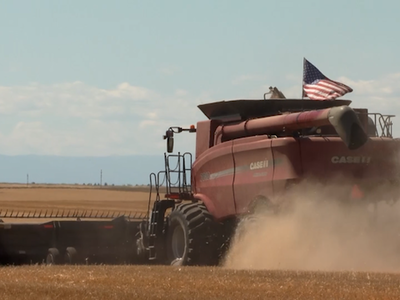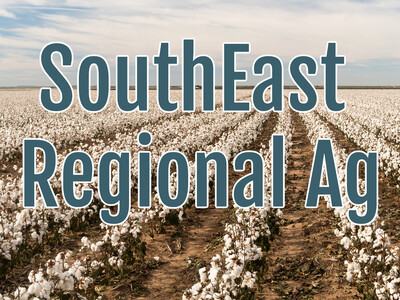Deterministic Models for Agtech

Tim Hammerich
News Reporter
New biological solutions are emerging as alternatives to various chemicals that are used in food production. However, these products work in very different ways, and their efficacy can vary based on a number of dynamics such as weather, the presence of other microbes, and contamination. Ancera is trying to give their clients a more data-driven view of when these biologicals work and when they don’t. CEO Arjun Ganesan says they want to help customers look forward instead of just looking backwards.
Ganesan… “A lot of companies, pretty much everyone in this industry, they typically work on historical models. So when there's something profound where a year is different, the problem is the historical models almost go out the door. What you really need is a deterministic model. Where the deterministic model comes into play is you're saying I kind of have a prior knowledge of what this industry operates, which is the historical data. But what we're really, really interested in is saying deterministically, what has changed about this overall system? And if they have all of that historical data, that'll only make the richness of the outcome so much more interesting. So it's not if or this or that way, there's actually a middle ground where you can use both to build towards a new future, where you understand a lot of what is working and what's not working.”
Ancera’s first focus with their technology is on the poultry industry.












